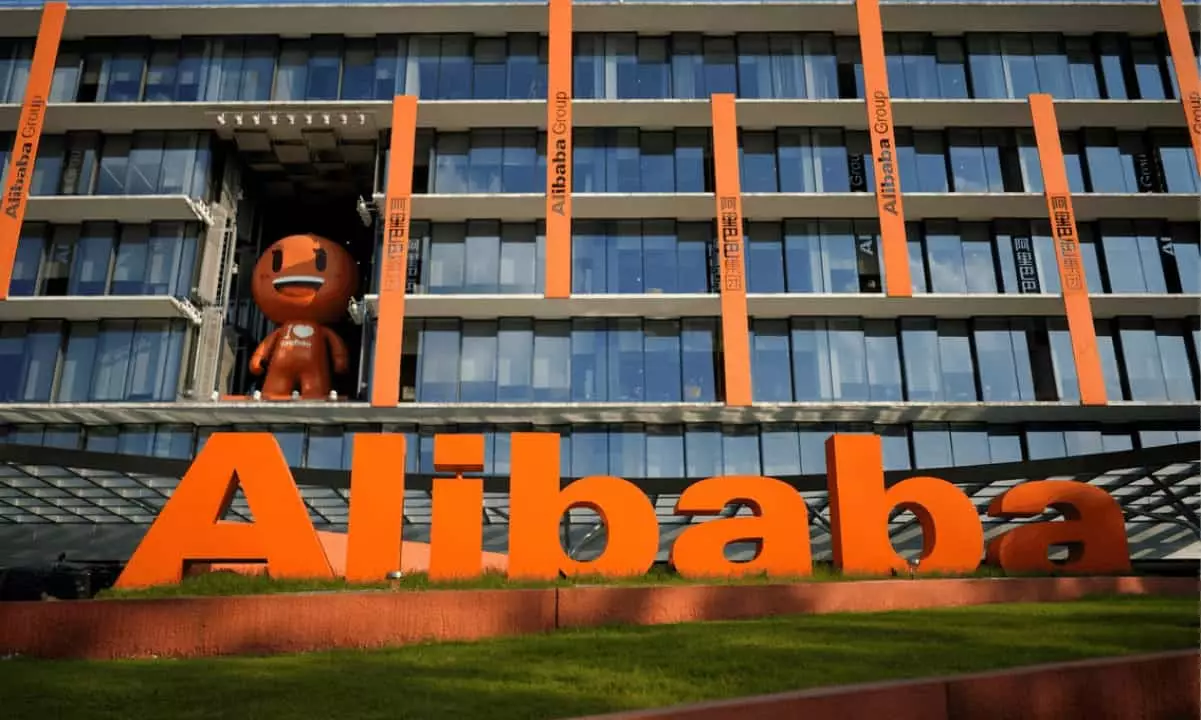In recent developments, Alibaba, a leading name in Chinese e-commerce, has taken significant steps to recalibrate its operations in the metaverse domain. As part of a broader trend reflecting the shifting priorities within the tech industry, Alibaba has downsized its metaverse unit, Yuanjing, resulting in layoffs that reportedly affected dozens of workers in key cities such as Shanghai and Hangzhou. With a once robust team that boasted hundreds of employees and invested billions of yuan, the current restructuring signals a strategic pivot from broad exploration to more defined, customer-centric applications and services.
Despite the reduction in workforce, the restructuring at Yuanjing does not equate to a complete withdrawal from the metaverse. The unit remains operational, but its focus has drastically shifted. The company is now channeling its energies toward metaverse applications and tools, as well as services designed to meet customer needs. This pivot also includes substantial financial investments, such as a recent $60 million round directed towards Nreal, a company recognized for its innovations in augmented reality (AR) accessories. Alibaba’s approach underscores its belief in AR as a focal point for future engagement with metaverse platforms.
Adding depth to its technological contributions, Alibaba has been proactively developing a sophisticated cloud-based operating system aimed at integrating the metaverse into both the gaming sector and various industrial applications. Furthermore, Alibaba Cloud formed a strategic alliance with Avalanche, fostering a collaborative launchpad intended for businesses keen to adopt metaverse innovations on the Layer 1 blockchain. This partnership not only highlights Alibaba’s continued investment in the underlying infrastructure for metaverse technologies but also portrays it as a critical player in facilitating the evolution of the industrial metaverse.
Alibaba’s strategic decision echoes similar moves by other prominent technology entities that share a tendency to refocus their resources away from the once-buzzy metaverse toward emerging sectors like artificial intelligence (AI). For instance, Meta Platforms underwent workforce reductions within its Reality Labs, while Baidu encountered leadership changes as it shifted its energies post-ChatGPT launch. Market observations suggest a consensus that, while the initial enthusiasm surrounding metaverse technologies may have dimmed, the global industrial metaverse market remains substantial, valued at an impressive $22.4 billion in 2023 with promising growth projections.
The recent changes within Alibaba’s Yuanjing unit reflect a critical reevaluation of priorities in the metaverse sector amidst an evolving technological landscape. While the reduction in workforce might raise questions regarding Alibaba’s long-term metaverse aspirations, the company is clearly intent on harnessing its strengths in AR and cloud technologies to carve a niche in this complex market. As tech giants reassess their strategies in light of fast-paced innovation, Alibaba appears poised to adapt and thrive in the future of the metaverse, albeit with a more streamlined focus.















